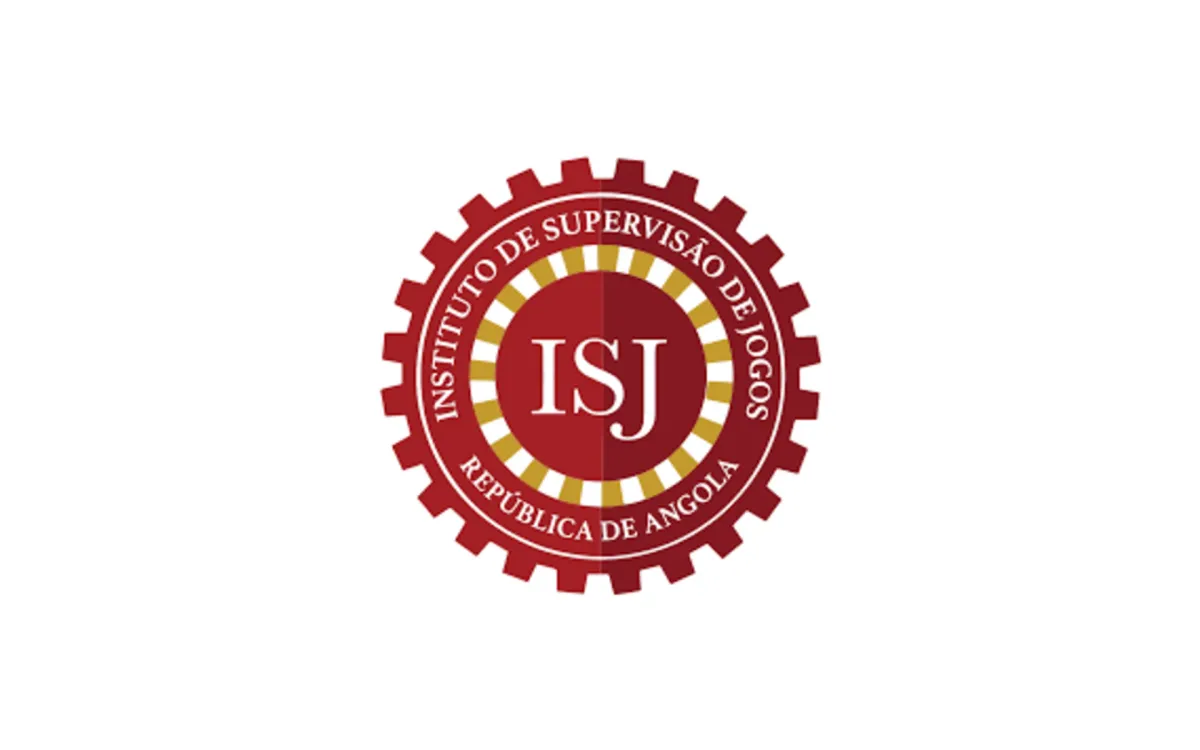
In a significant development for the African gambling sector, Angola has announced a comprehensive expansion of its online gambling market. According to Google's Advertising Policies documentation, starting February 18, 2025, the Instituto de Supervisão de Jogos will commence accepting license applications from operators seeking to enter the Angolan market.
The regulatory framework encompasses multiple sectors of the online gambling industry. The expanded licensing system covers three primary categories: sports betting operations, online games, and gambling-related lotteries. This marks a structured approach to regulating these digital gambling activities within the country's borders.
Under the new framework, operators face strict licensing requirements. According to the policy documents, all gambling operators must obtain official registration and licensing from the Instituto de Supervisão de Jogos before commencing operations. This regulatory oversight aims to establish a controlled environment for online gambling activities.
The timing of this announcement, made on February 3, 2025, provides operators with a two-week preparation period before the licensing system becomes active. This preparation window allows potential operators to gather necessary documentation and align their operations with regulatory requirements.
The certification process maintains specific technical standards. According to the policy documentation, operators must implement responsible gambling measures on their platforms. These measures include displaying information about responsible gambling practices and implementing strict age verification systems to prevent access by minors.
Technical implementation requirements extend to advertising platforms. According to Google's updated advertising policies, certified operators must ensure their promotional materials comply with country-specific requirements. The policy specifies that gambling advertisements must target approved countries and contain appropriate responsible gambling information.
The framework introduces mandatory operational protocols. Licensed operators must maintain dedicated landing pages displaying responsible gambling information. This requirement aligns with international best practices in online gambling regulation, focusing on consumer protection and responsible gaming measures.
Enforcement mechanisms form a crucial component of the framework. According to the policy documentation, operators failing to maintain compliance face potential license suspension or revocation. The enforcement system includes monitoring of advertising practices, with non-compliant advertisements facing immediate removal from advertising platforms.
The certification requirements extend beyond basic licensing. Operators must demonstrate ongoing compliance with technical standards, including secure payment processing systems and user data protection measures. This comprehensive approach aims to establish a secure digital gambling environment.
The framework addresses multiple operational aspects. According to the policy documents, certified operators must implement systems for handling customer complaints, maintaining transaction records, and preventing fraudulent activities. These requirements establish operational standards aligned with international gambling regulations.
Regional implications emerge from this regulatory development. Angola's structured approach to online gambling regulation could influence neighboring countries' policies, potentially establishing a precedent for regulated online gambling markets in the region.
The framework's implementation coincides with broader digital market developments in Angola. The timing aligns with increasing internet penetration rates and digital payment adoption in the country, creating a technical infrastructure capable of supporting regulated online gambling activities.
Statistical monitoring requirements form part of the framework. Licensed operators must maintain detailed records of gambling activities, providing regulatory authorities with data for market analysis and compliance monitoring. This data-driven approach enables evidence-based policy adjustments.
The certification process includes specific technical requirements for different gambling categories. Sports betting operators face distinct requirements from online casino platforms, reflecting the technical differences between these gambling sectors. This specialized approach ensures appropriate regulation for each gambling category.
Economic implications extend beyond the gambling sector. The framework's implementation creates opportunities for technical service providers, payment processors, and compliance consultants supporting the regulated gambling market. This ecosystem development contributes to broader digital economy growth.
The framework establishes clear boundaries between different gambling categories. According to the policy documentation, operators must maintain distinct systems for different gambling activities, ensuring appropriate regulatory oversight for each category. This segmentation enables targeted regulation and consumer protection measures.

